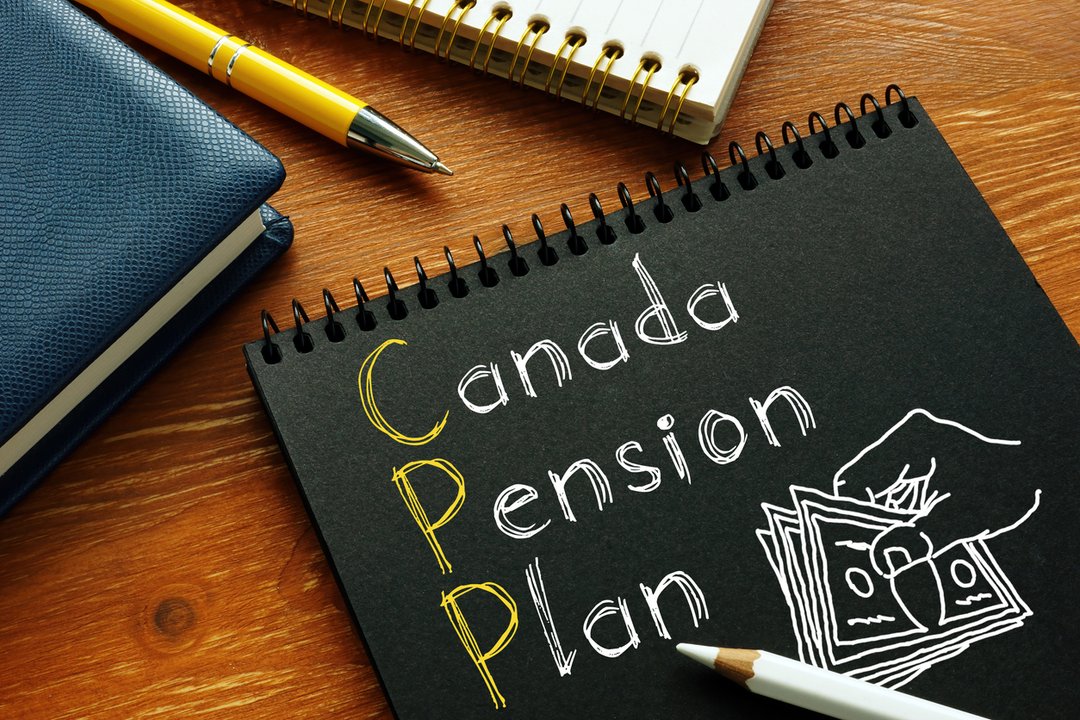
Rob Carrick
May 8, 2023
There’s a $495.36 gap between the maximum monthly Canada Pension Plan retirement benefit in 2023 and the average amount people actually receive.
Not getting the maximum CPP payout in retirement is common, even among those with a financial planner to advise them.
“Some people are really shocked, especially people who were in a really high income bracket for a long time,” said David Field, a certified financial planner (CFP) who runs Papyrus Planning. “It’s just like an assumed thing.

iStock-1255786973
”
When planning for retirement, the amount you’ve saved is just one aspect. Another is the income you can expect, and how it matches up to your expected spending needs. Essential to the income calculation is the amount of CPP you can expect.
An estimate of how much CPP you will get in retirement is available through the federal government’s Service Canada portal. Here’s some context to help you understand your numbers from Mr. Field, who co-developed a CPP calculator
On the Government of Canada website, you’ll find that the maximum monthly retirement benefit in 2023 is $1,306.57 per month and the average is $811.21. Why is the average amount just 62 per cent of the maximum? To answer this question, Mr. Field says we need to delve into the math used to calculate CPP payouts.
Let’s say you retire at 65. To be eligible for the maximum retirement benefit, you’d need to contribute the maximum amount in CPP premiums for 39 of your 47 working years between the ages of 18 and 65. Put another way, you must contribute the maximum amount for 83 per cent of your working years.
If you’re at or close to your peak earning years, this looks like a very low hurdle. The maximum amount of employment income on which you pay CPP premiums is $66,600 in 2023, with an exemption for the first $3,500.
CPP calculations drop out your eight lowest income years if you retire at 65. But Mr. Field said it’s easily possible to have more than eight years where your income was less than the maximum amount on which CPP premiums are paid. In pension lingo, this amount is referred to as yearly maximum pensionable earnings, or YMPE.
Mr. Field points out that the CPP starts considering your income at age 18, whether you’re working or not. He says that between completing your postsecondary education and building a career, it could easily take more than eight years to get your salary up to the YMPE. Even more years below the YMPE are possible if you miss a chunk of time at work because of illness or family issues.
Taking time off work to raise young children should not work against your CPP retirement benefit, though. Mr. Field said that starting in the month after a child is born and for the next seven years, a year’s earnings will be dropped out if they’re less than your lifetime average annual earnings.
Want to increase your CPP retirement benefit so it’s closer to or at the maximum? Consider working past age 65 while postponing the start of your CPP as late as the maximum starting age of 70. Adding some higher-income years could knock out some lower-income years from early in your career, Mr. Field said.
An additional payoff from doing this is that delaying the start of CPP past 65 to as late as 70 gets you higher payments. The dollar amount of your benefit is increased by 0.7 per cent for every month you delay to a maximum 42 per cent.
Later retirement can help push you toward the CPP maximum, whereas early retirement can hurt that cause. If you retire at 60 and start CPP at 65, you’ve logged five years of zero contributions to the CPP. If you contributed less than the maximum early in your career, the total number of zero- or low-contribution years could exceed the number of drop-out years you’re allowed in calculating your retirement benefit.
“It’s usually the bookends of their career that cause people to not get the maximum CPP,” Mr. Field said.
Looking ahead, Mr. Field noted changes to the CPP that have the effect of costing more and paying increasing amounts through the decades ahead. The CPP will be better because of this enhancement, replacing more of your working income than before.
You’ll still need to be realistic about qualifying for the maximum payout, though. A lot of people won’t get it..
This Globe and Mail article was legally licensed by AdvisorStream.
© Copyright 2025 The Globe and Mail Inc. All rights reserved.


